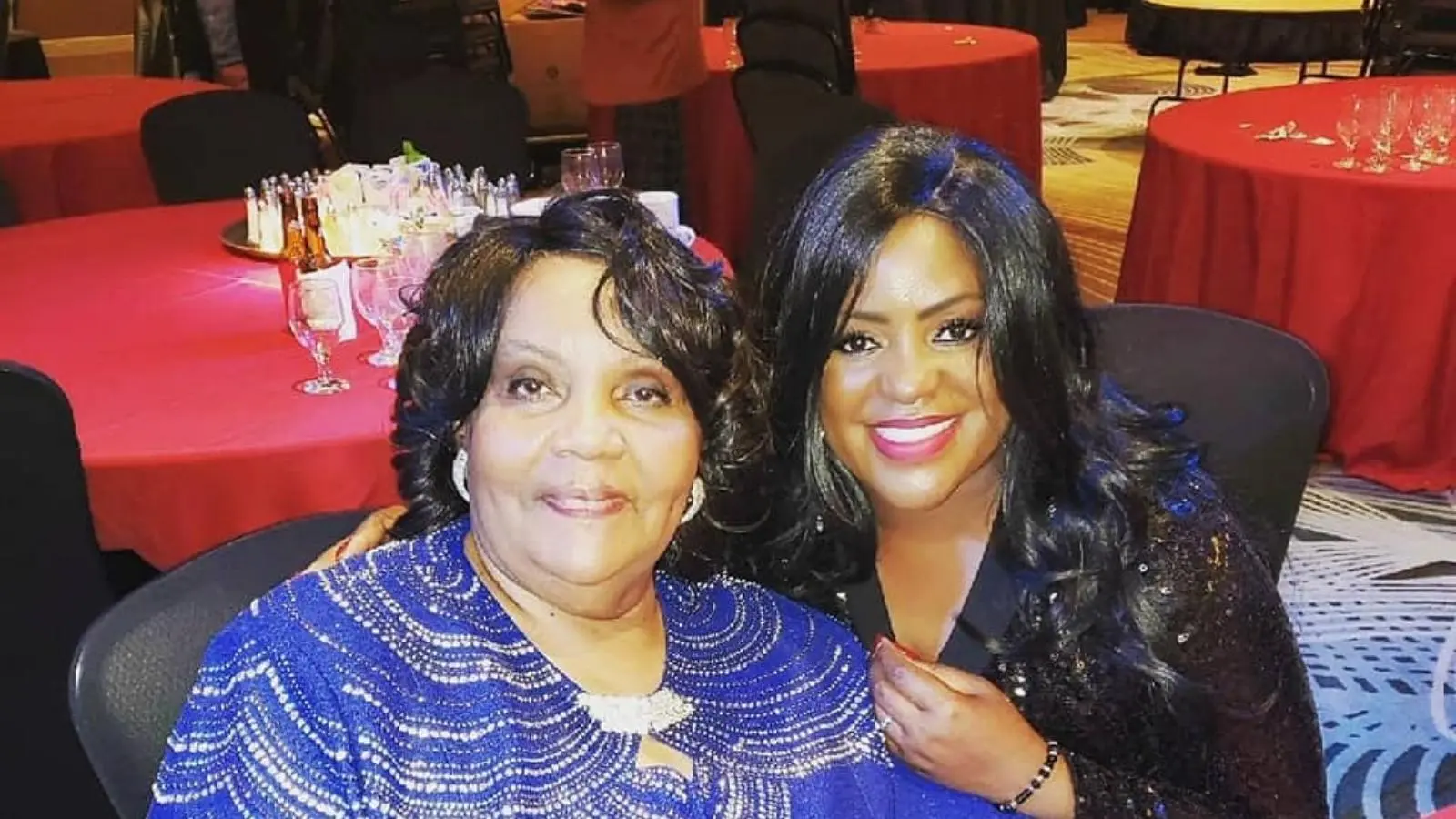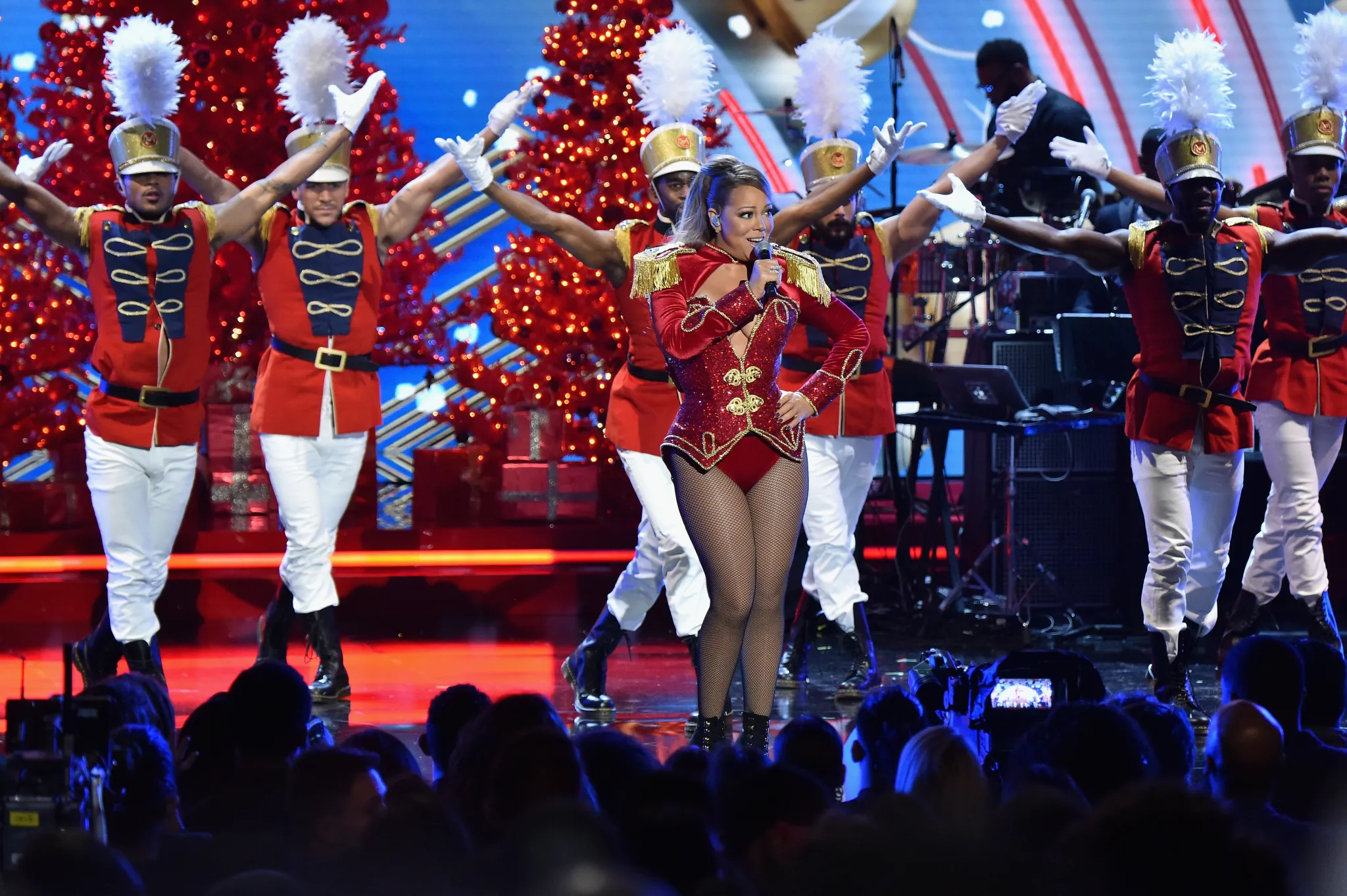
ESPN play-by-play announcer Tiffany Greene is helping bring about change by being the change that she and so many others want to see, providing a necessary “you can do this too” blueprint for other little brown boys and girls to pursue.
For so many of us, we grow up with these pie-in-the-sky dreams that seem so far off because, well, we’re kids and we don’t know that time really does have wings and will fly by at the blink of an eye.
For many of us, those dreams are rooted in role models, the kind that provide a been-there, done-that blueprint for what we aspire to be.
But far too often for far too many little brown-skinned boys and girls, those deferred dreams become deterred ones because they don’t fit in the narrow-minded narrative of what people in those jobs are supposed to look like.
There are several lanes of journalism where this truth is painfully self-evident, but few stand out more than the lack of diversity we see in the world of play-by-play among Black women.
She is a Black, female play-by-play sportscaster who will be part of the broadcasting team calling the action during Saturday’s Cricket Celebration Bowl between Jackson State and South Carolina State, scheduled for a noon EST kick-off on ABC at Mercedes-Benz Stadium in Atlanta.
She has been with ESPN, primarily providing play-by-play for HBCUs, since 2012. And while many have a moment in time when they realize what they want to do with their career, Greene says her dream of being a sportscaster began when she was just five years old.
“That’s what I said I wanted to do,” Greene said. “I wrote it down in my school yearbook. That’s what I’ve known I wanted to do and never deviated from it. I don’t know that it’s as often as you think when people say they want to do something when they’re a little kid and see it through. I’ve been very blessed to say that.”
You don’t blaze a trail that so few have walked down, without some help.
“Parents who poured into me, who helped me build my self-confidence,” Greene said. “All those little things you had to do, whether it was giving an Easter speech or participating in your Christmas play or being selected to talk at an oratorical contest, whatever it was, all those little things helped along the way.”
As someone who grew up around sports most of her life, the winning and losing dynamic of competition is part of what pushes her professionally now.
“That’s why I love sports,” she said. “There’s a competitive piece that drives you to want to do and be better, to give your very best.”

And it is that competitive component of the process, that we’re starting to see more of a shift towards the inclusion of Black women in the play-by-play field which includes Meghan McPeak who was the first female play-by-play broadcaster to call an NBA G-League game (Raptors 905) in 2015, and an NBA game (Washington preseason game) in 2018; and Cindy Brunson who became the first Black female to do play-by-play in the Pac 12 Network’s history.
There are the usual hoops and hurdles that anyone looking to get into the broadcasting game have to overcome.
But in Greene, her goal and focus was unique because unlike most of her aspiring broadcasting brethren with play-by-play interest, there were no high-profile role models she could aspire to become that looked or sounded like her.
“I would watch football and basketball and listen to Marv Albert and Al Michaels and Pat Summerall and…I was in love [with play-by-play announcing],” she said. “I love sports and I always wanted to be connected to sports in any form or fashion.”
And as far as her doing the job that up until that point she had only seen men do, Greene said, “I didn’t feel that it was impossible. I was always of the belief that I could be the first. It was crazy for me to believe that I could be the first woman in the NFL. So why would it be any more crazy to believe that I could do play-by-play or be a sportscaster when I didn’t see anybody like me doing it?”
So let Greene’s continued growth be the been-there, done-that blueprint that for many, should widen the narrow-minded narrative that has kept more little brown-skinned boys and girls like Greene from pursuing their dream to become the change that they want to see.









